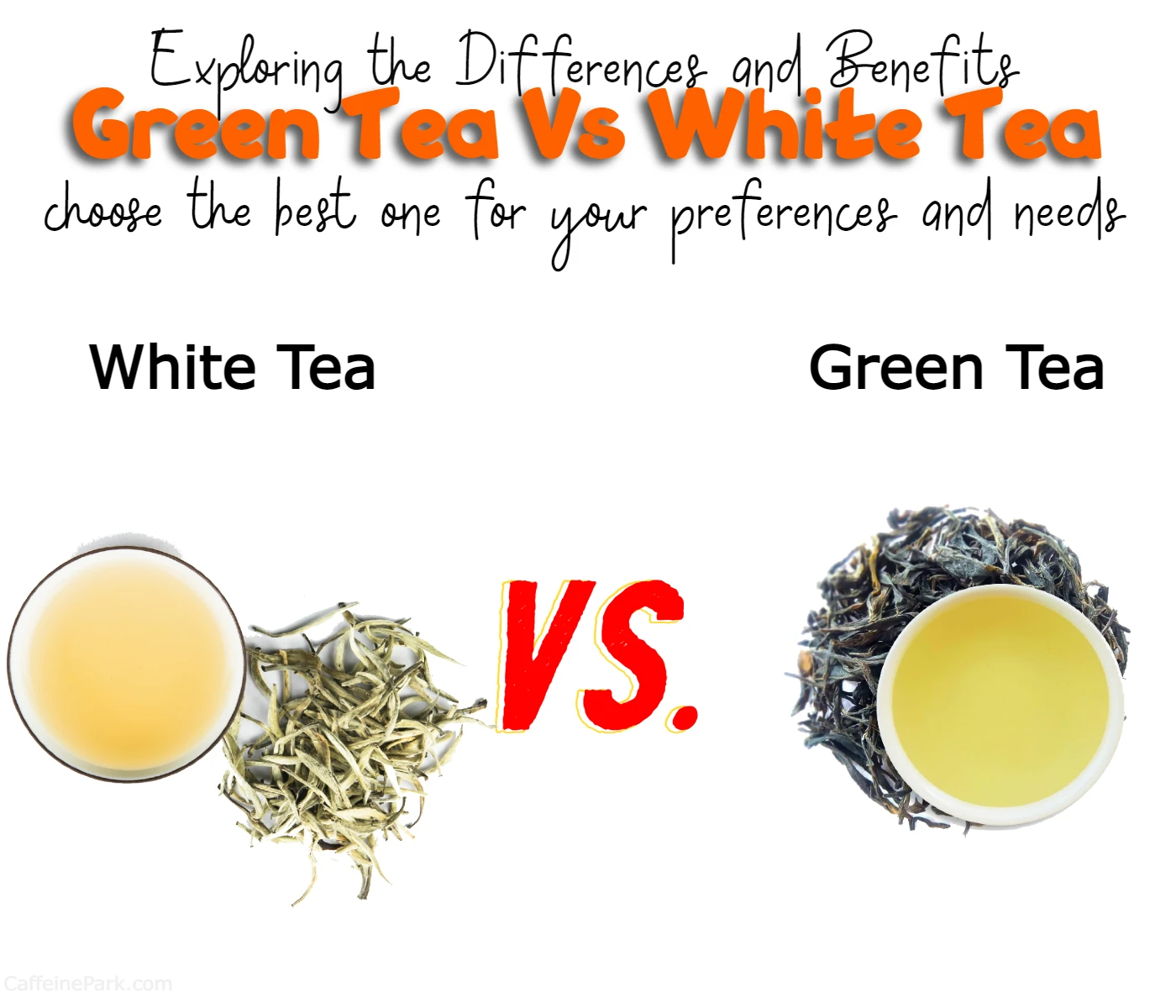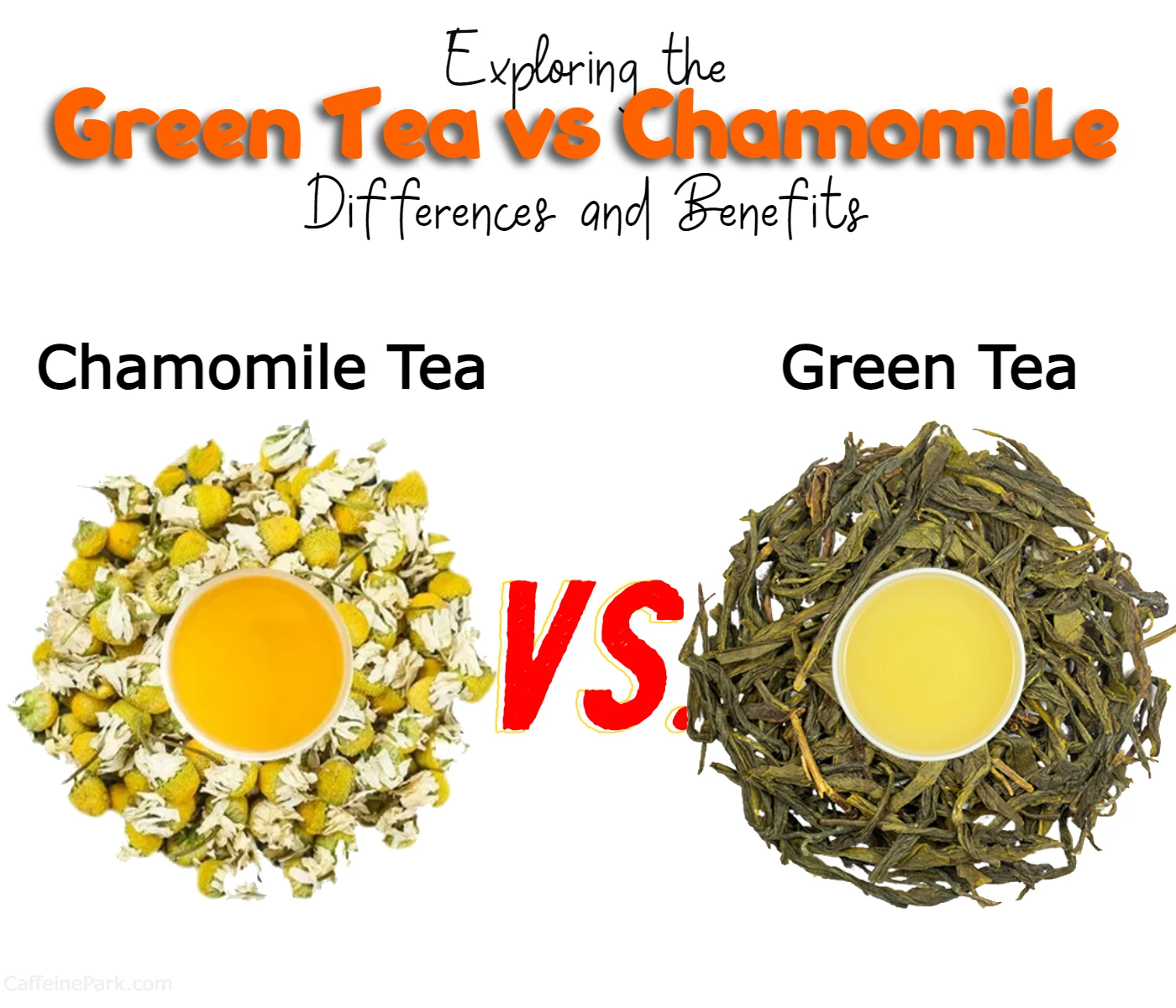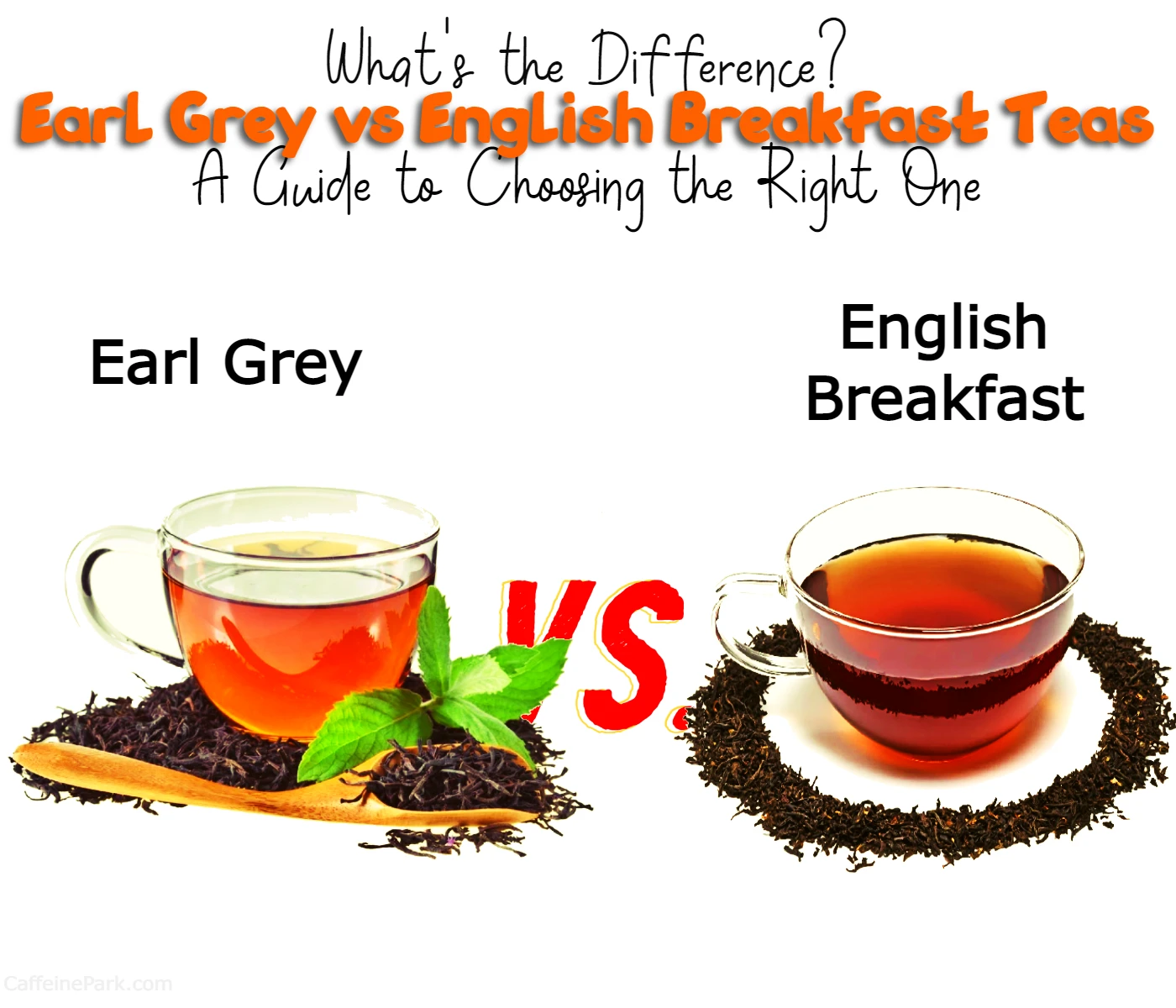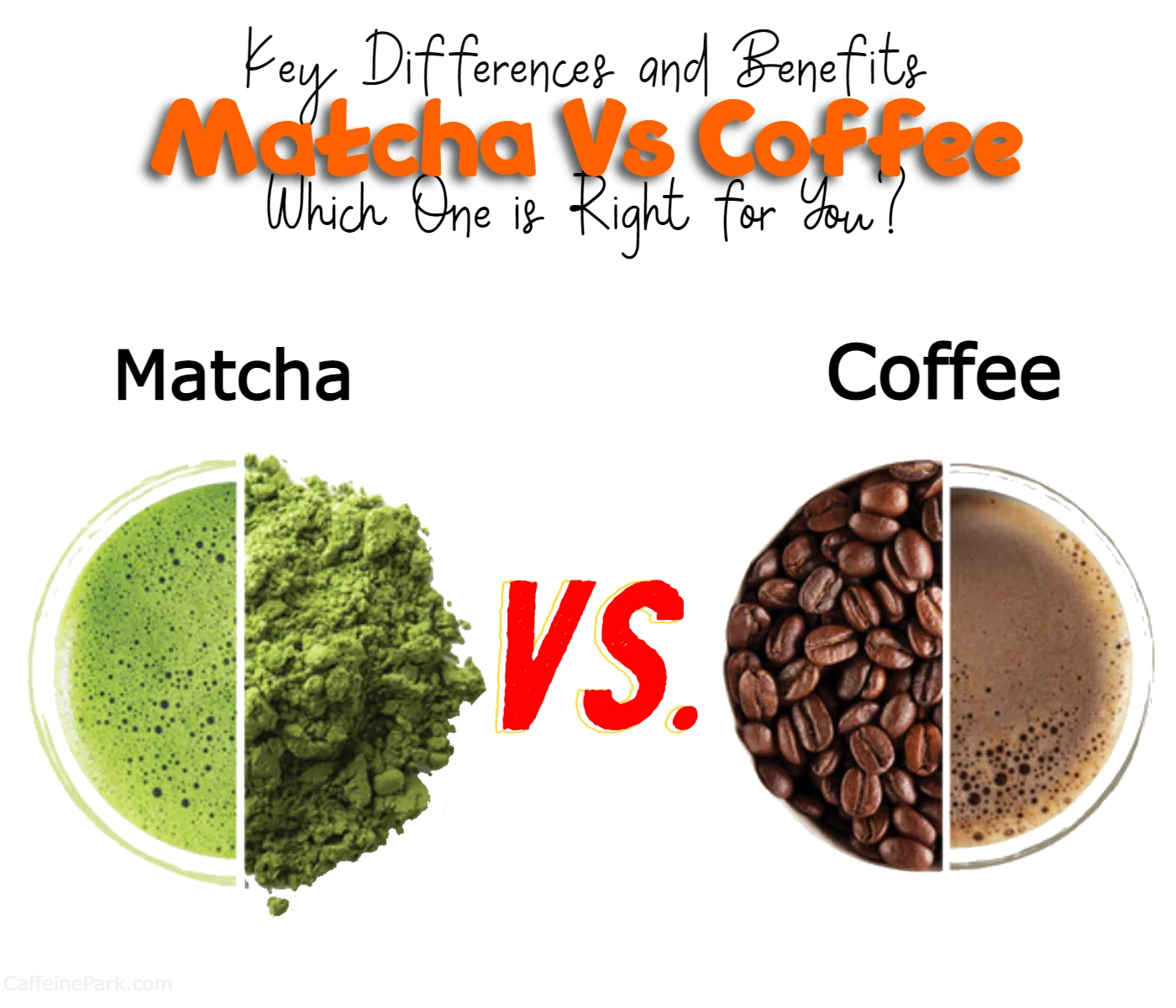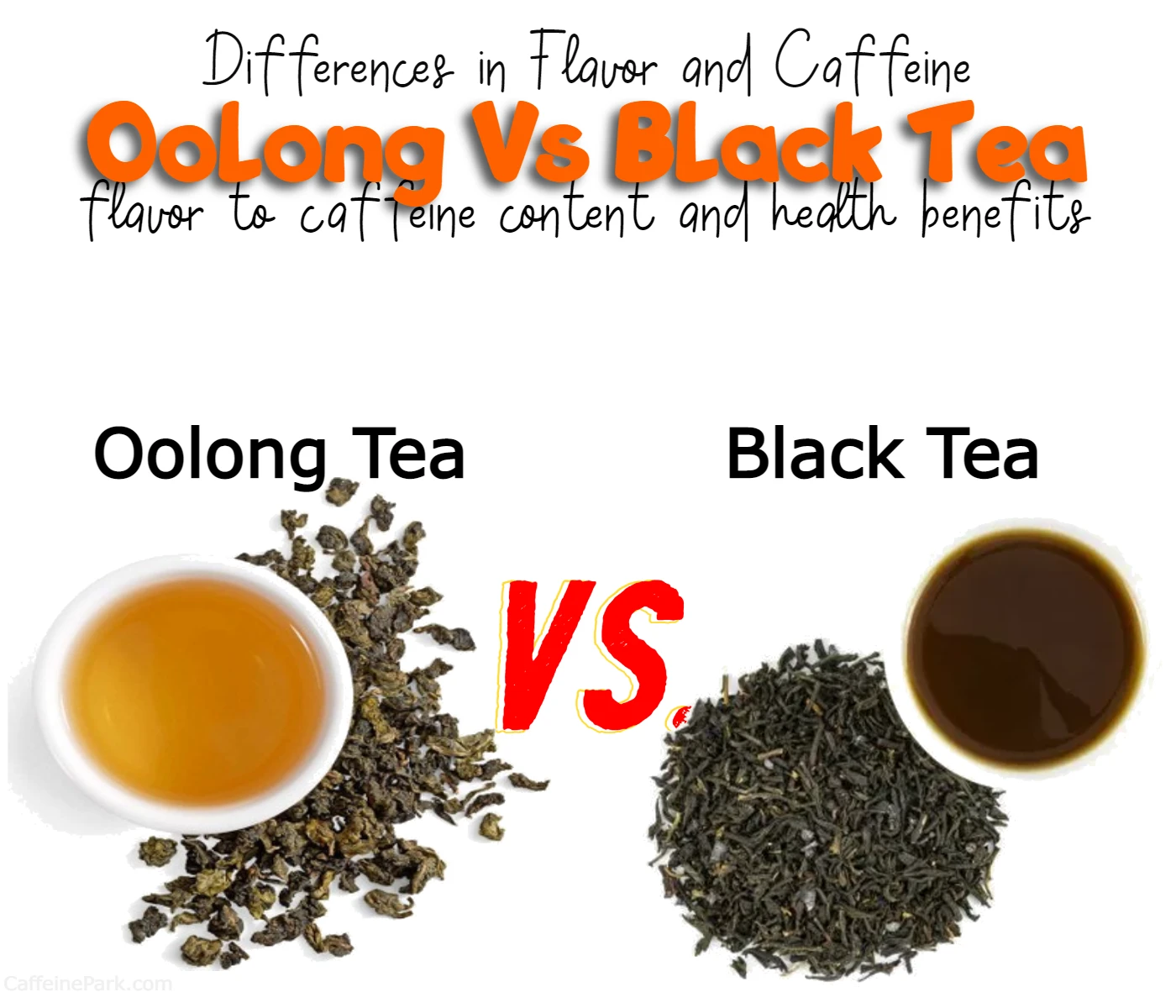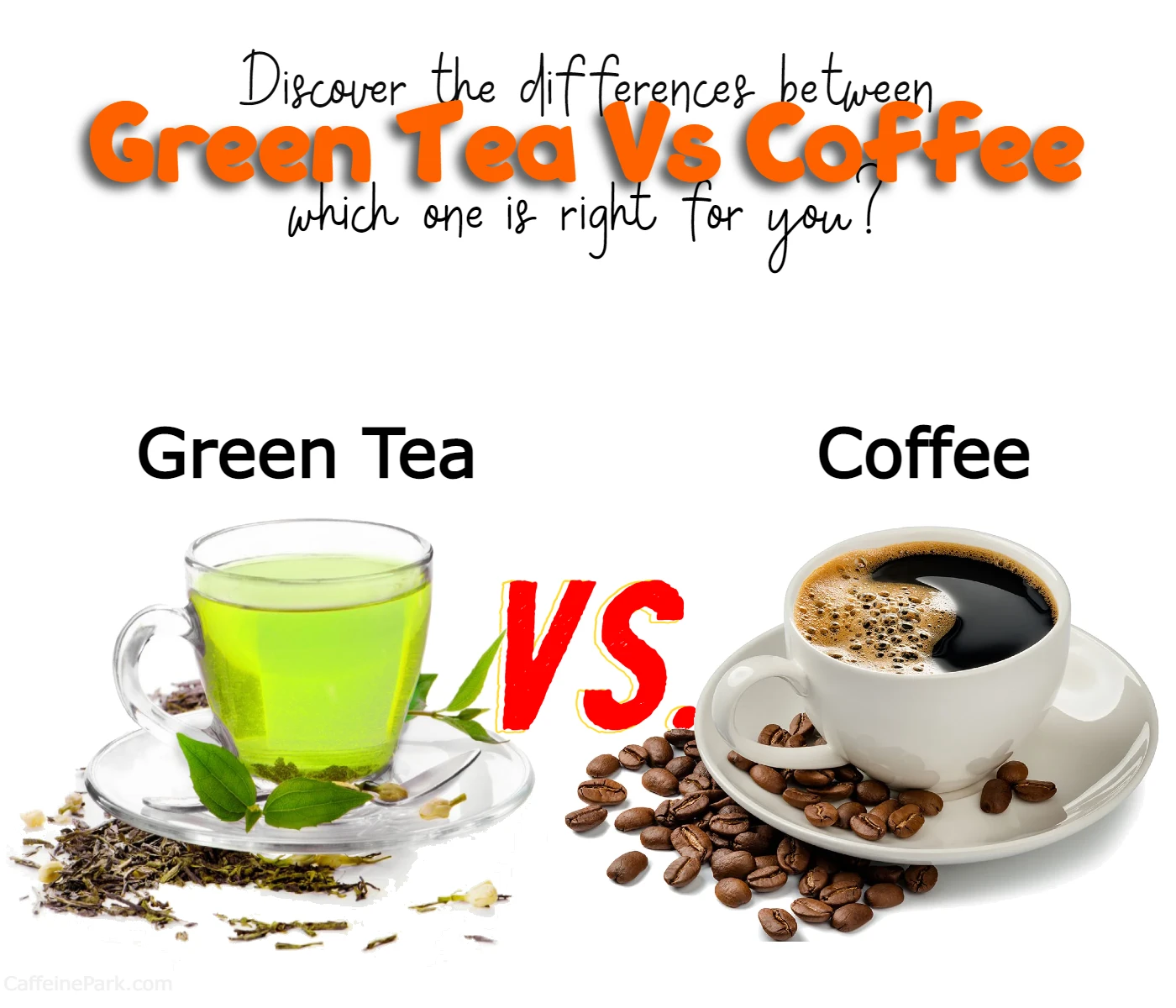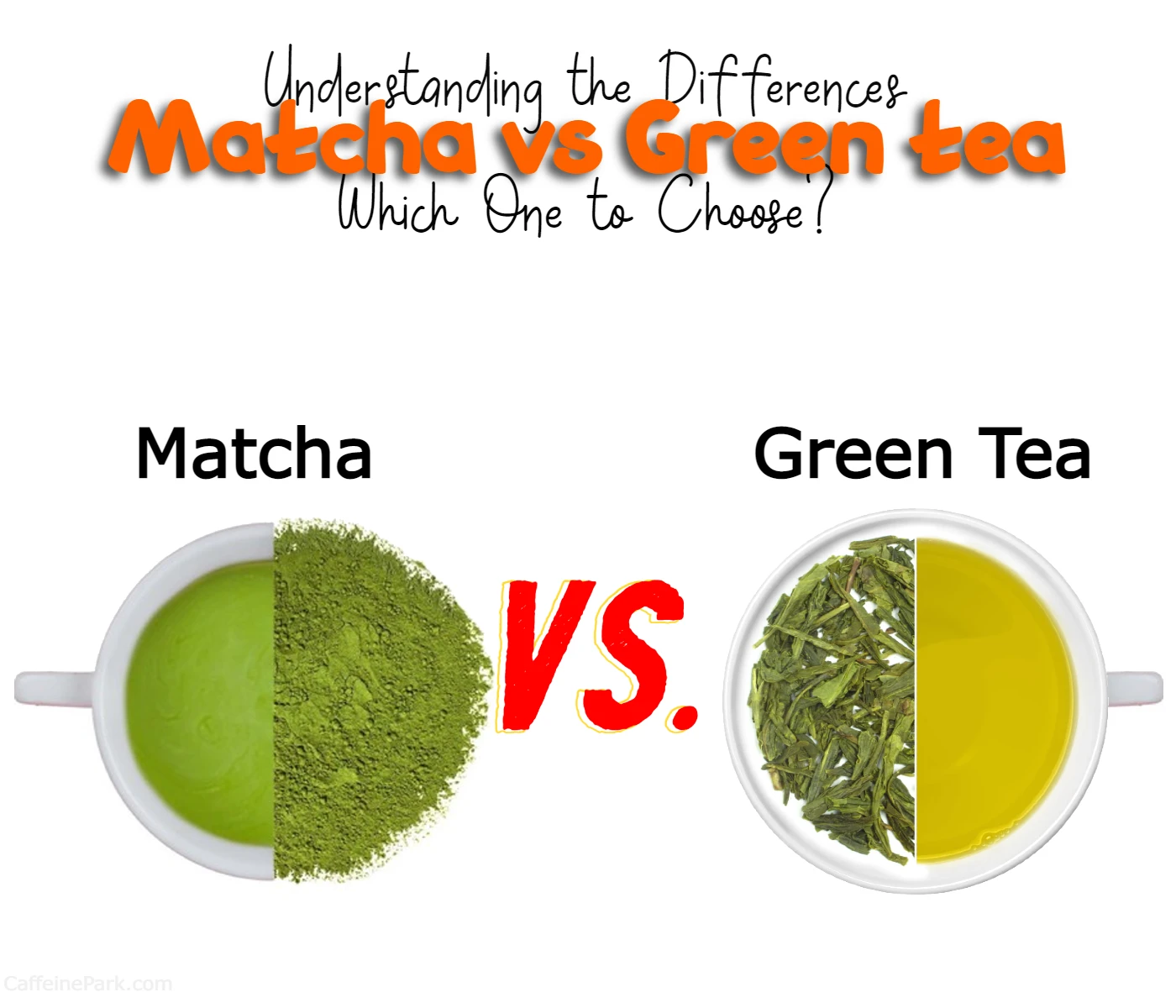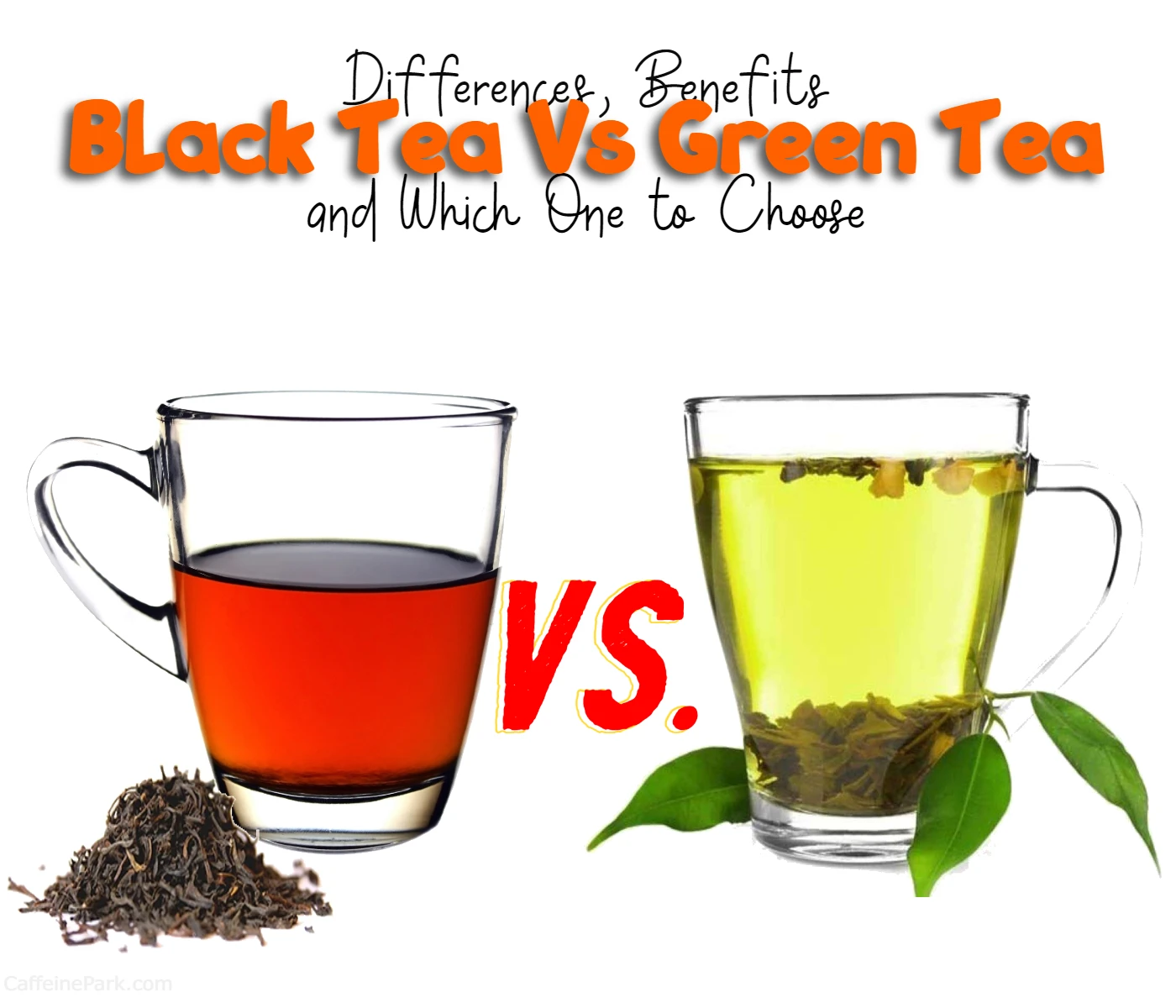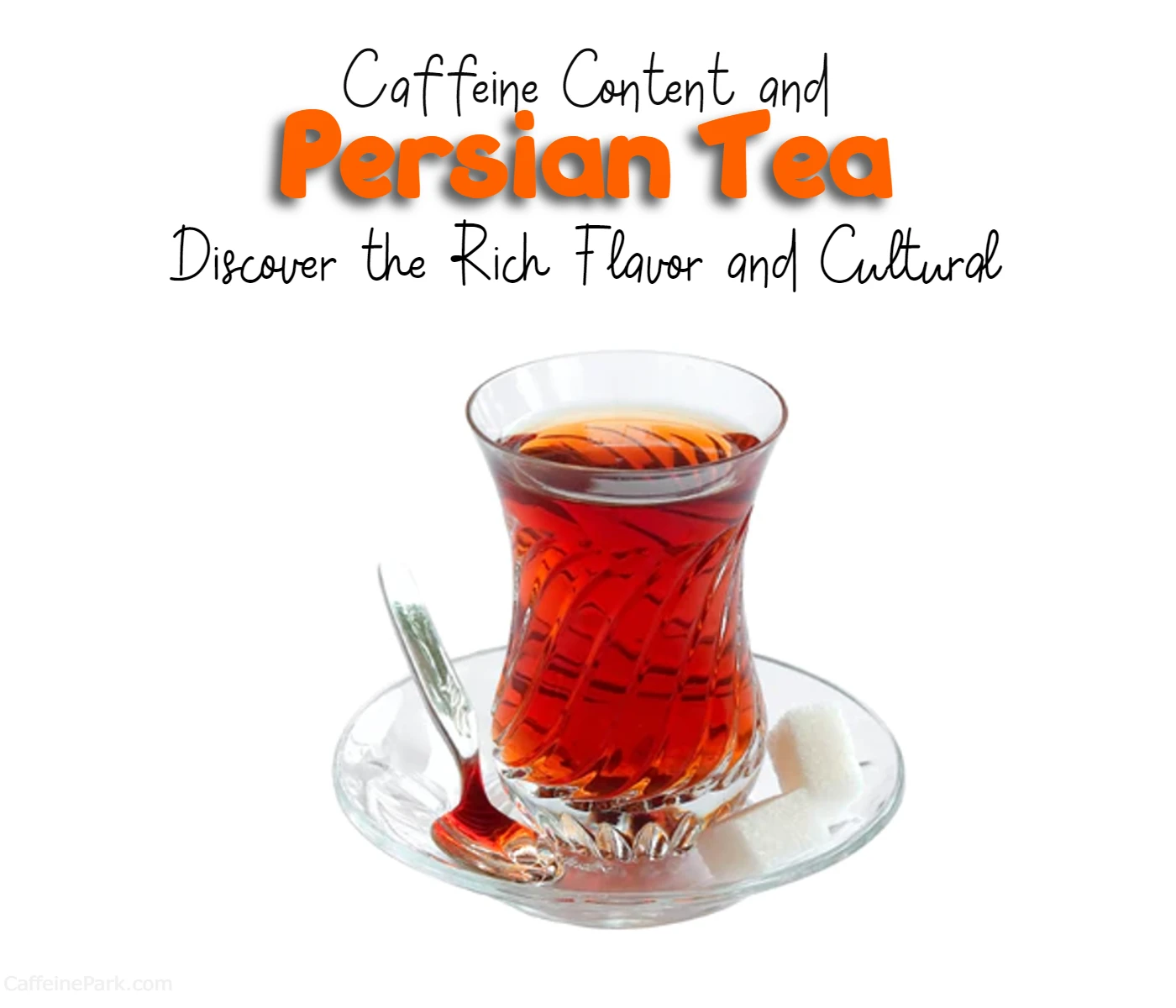🌿 Tea
-

White Tea vs Green Tea
White tea and green tea both offer unique flavors and health benefits, but how do they differ? In this post, we explore the differences between these two popular types of tea and their respective benefits, so you can choose the best one for your preferences and needs.
-

Green Tea vs Chamomile
Are you curious about the differences between green tea and chamomile? These popular teas have unique flavor profiles and health benefits that make them a favorite among tea enthusiasts. In this post, we'll explore the differences between green tea and chamomile and help you determine which tea is best for you.
-

Earl Grey Vs English Breakfast Teas
Earl Grey or English Breakfast tea? Both are delicious in their own way, but they have distinct differences. In this guide, we'll explore the unique characteristics of each tea, and help you choose the perfect one for your next cup.
-

Matcha vs Coffee
Coffee and matcha have long been beloved beverages, each with its own distinct characteristics and loyal followings. Coffee, known for its bold flavors and energizing kick, has been a staple in many cultures for centuries. On the other hand, matcha, with its vibrant green color and smooth taste, has been cherished for its tranquility-inducing qualities in traditional Japanese tea ceremonies. When comparing coffee and matcha, one of the most significant differences lies in their preparation methods. Coffee is made by extracting the flavors from roasted coffee beans using various brewing techniques, such as drip brewing, French press, or espresso. On the contrary, matcha is derived from finely ground shade-grown tea leaves, which are whisked into hot water to create a frothy beverage. Another aspect to consider is the flavor profiles of coffee and matcha. Coffee offers a wide range of tastes, from the earthy notes of medium roasts to the bold bitterness of dark roasts. Matcha, on the other hand, has a unique combination of umami, sweetness, and a slight bitterness, with vegetal and grassy undertones. When it comes to caffeine content, coffee generally takes the lead. An average cup of coffee contains more caffeine than a cup of matcha. The caffeine in coffee provides a quick and robust energy boost, while matcha offers a more balanced and sustained lift due to the presence of L-theanine, an amino acid that promotes relaxation and mental focus. In terms of health benefits, both coffee and matcha have their advantages. Coffee is rich in antioxidants and has been associated with improved cognitive function, metabolic benefits, and potential protection against certain diseases. Matcha, with its high concentration of antioxidants, can support heart health, brain function, and detoxification. In summary, coffee and matcha each have their unique characteristics, flavors, and health benefits. Whether you prefer…
-

Earl grey vs Black tea
Are you a tea lover looking to try something new? In this blog, we'll explore the differences between black tea and Earl Grey, from their origin and flavor to their cultural significance. So, grab a cup of tea and settle in to learn more about these two delicious beverages.
-

Oolong vs Black Tea
Welcome to my blog, where we’ll be exploring the differences between two popular types of tea: black tea and oolong tea. If you’re a tea lover or just curious about trying out new types of tea, you’ve come to the right place! In this blog post, we’ll be diving into the processing differences, flavor and aroma profiles, caffeine content, health benefits, and brewing methods of black tea and oolong tea. By the end of this post, you’ll have a better understanding of which type of tea may be right for you and how to brew it for the best taste. So, grab yourself a cup of tea and settle in for an informative and enjoyable read. Whether you’re a die-hard black tea fan or curious about trying out oolong tea for the first time, there’s something here for everyone. Don’t forget to read until the end for our final thoughts and call to action. Here’s a quick chart summarizing some of the key differences between black tea and oolong tea: Black TeaOolong TeaProcessingFully fermentedPartially fermentedFlavor ProfileBold and strongMild and delicateAromaRobust and maltyFloral and fruityCaffeine ContentHighModerateHealth BenefitsAntioxidants, may reduce risk of heart disease and strokeMay aid in weight loss and improve …
-

Green tea vs Coffee
Are you a coffee drinker or a green tea lover? While both beverages are popular around the world, they have distinct differences in taste, caffeine content, and health benefits. In this blog post, we’ll explore the differences between green tea and coffee, so you can decide which one is right for you. First, let’s talk about taste. Green tea has a mild, slightly sweet flavor with a grassy or vegetal taste, depending on the type of green tea. On the other hand, coffee has a bold, bitter flavor with a hint of sweetness or acidity, depending on the roast and origin of the beans. If you prefer a more subtle taste, you might prefer green tea, while those who enjoy a stronger flavor might opt for coffee. Now, let’s discuss caffeine content. Green tea contains less caffeine than coffee, with an average of 20-50mg per cup, while coffee typically has 95-200mg per cup. This means that green tea can provide a more gentle energy boost without the jitters or anxiety that can come with consuming too much caffeine. However, coffee’s higher caffeine content can be beneficial for those who need a stronger energy boost to start their day or stay …
-

Matcha vs Green tea
In this blog post, we'll explore the differences between green tea and matcha, so you can make an informed decision about which one to choose. Whether you're looking for a healthy beverage to incorporate into your daily routine, or just love the taste of tea, understanding the differences between green tea and matcha is important. By the end of this blog post, you'll have a better understanding of the unique qualities of green tea and matcha, and be able to choose the one that best suits your tastes and health goals.
-

Black Tea Vs Green Tea
Are you a tea lover wondering which type of tea to add to your daily routine? In this blog post, we'll be discussing the differences between black tea and green tea, and helping you decide which one is right for you. Keep reading to learn more about the benefits of black tea and green tea, how to brew the perfect cup, and which one you should choose based on your preferences and health goals.
-

Persian Tea
Persian tea is a type of black tea that has been enjoyed in Iran for centuries. Its rich flavor and cultural significance have made it a beloved beverage in Iranian culture, where it is often served as a symbol of hospitality and friendship. From its brewing method to its role in religious and political discourse, Persian tea has played an important role in shaping Iranian identity. One of the key differences between Persian tea and other types of tea is the way it is brewed. Persian tea is traditionally brewed using loose tea leaves and boiling water, which creates a strong, flavorful brew. The tea is then served in small cups, often with sugar cubes and sometimes a slice of lemon. In Iranian culture, tea is not just a beverage, but also a symbol of hospitality and friendship. It is often served to guests as a way to show respect and welcome them into the home. The act of drinking tea together is also seen as a way to build connections and foster social bonds. Persian tea has also played an important role in religious and political discourse in Iran. Leaders such as Ayatollah Khomeini used tea as a way to promote Islamic values and connect with others. During his time in exile in France, he would often invite guests to his home for tea and use the opportunity to discuss politics and strategy. In terms of health benefits, Persian tea, like other types of tea, contains antioxidants and may have benefits such as reducing the risk of certain diseases and improving cognitive function. However, it is important to consume it in moderation and be mindful of the added sugar that is often used when serving it. In conclusion, Persian tea is more than just a beverage; it is a…
